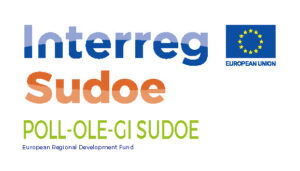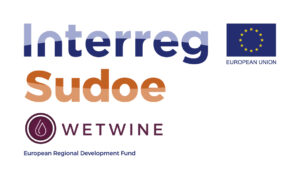
Protecting and fostering natural areas through indigenous livestock breeds as biodiversity heritage and tourism attraction
BIOHERITAGE contributes to the protection of indigenous livestock breeds as crucial parts of our protected natural areas. In this sense, BIOHERITAGE provides management tools for








